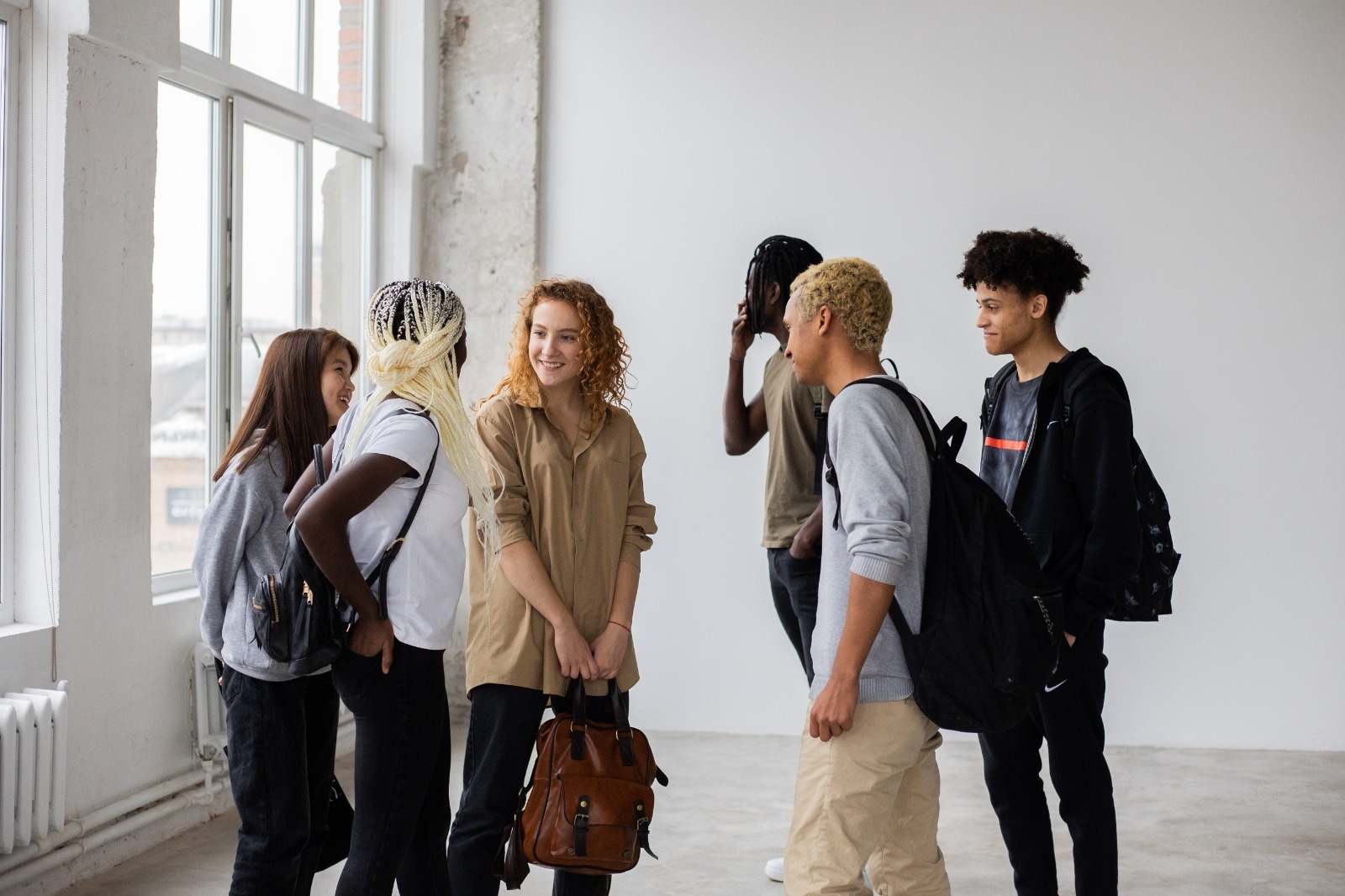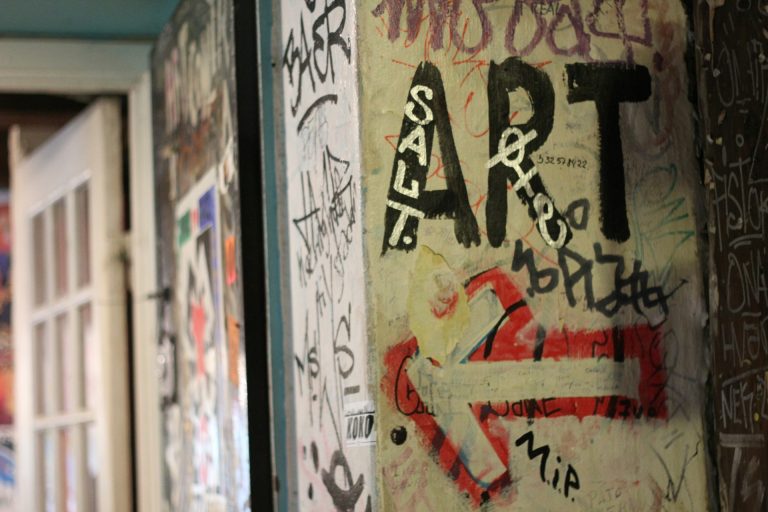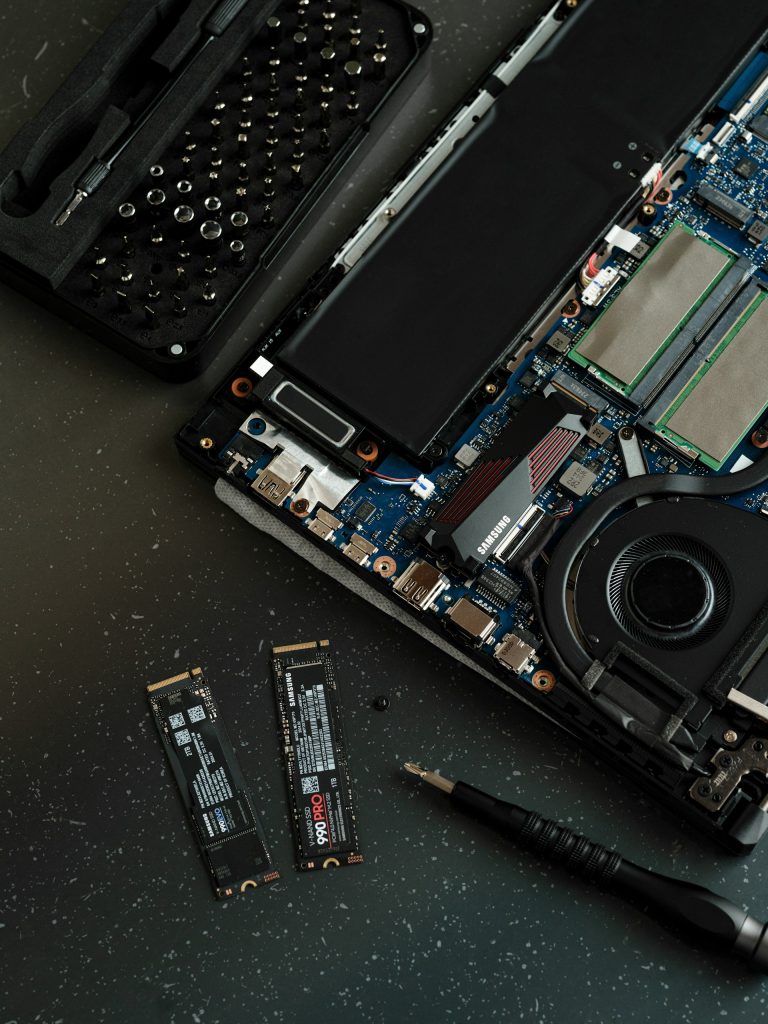Introduction
The symposium “Time to talk about how university students learn” is a meeting to rethink how university students are learning in a volatile, uncertain, complex and ambiguous world. A world where lifestyles, digital devices and so-called artificial intelligence influence modes of attention and concentration, and their relationship with information, authorship, and evaluation.
It is an event designed to explore the challenges these changes pose for university teaching and students’ learning, seeking to weave threads of meaning between researchers, teaching staff, students and university managers. This open symposium aims to promote the exchange of experiences, knowledge, and research, generating spaces for debate that will enable knowledge production by interweaving different fields of study and experience levels.
This meeting, organised by members of the research groups Esbrina of the University of Barcelona and Elkarrikertuz of the University of the Basque Country, links to the research project “Learning trajectories of young university students: conceptions, strategies, technologies and contexts” (Ministry of Science and Innovation, PID2019-108696RB-I00. 2020-2023).
In recent years, both groups have developed several research projects that have emphasised the contextual and experiential dimensions of learning. For this reason, we would like to invite you to share, reflect and discuss findings, tensions, and questions about how students learn inside and outside the university. Specifically, we are interested in bringing into dialogue contributions that address these issues related to university students’ learning:
- Learning trajectories.
- Contexts and learning scenarios.
- The role of digital technologies and the virtual world in learning.
- The diversity of learners and their ways of learning.
- Conceptions of learning that guide them and the strategies they use.
- Affective dimensions of learning.
Guiding questions:
- How do students learn in a volatile, uncertain, complex, and ambiguous world?
- What enables us to think about students’ learning trajectories?
- How do their conceptions of learning relate to how teachers teach?
- What learning strategies do they deploy to respond to the demands placed on them by the university?
- What role do digital technologies and the virtual world play in their learning processes and relationships?
- How do they move between contexts –inside and outside the university– in their ways of learning?
- How do functional, psychological, and intersectional differences play out in learning trajectories?
- What is the role of ‘affect’ in learning trajectories?
- What does research on student learning contribute to the need to rethink the formative mission of the university?
The symposium’s format encourages sharing of experiences and knowledge by invited speakers and participants. For this reason, participants will have access to contributions in advance, so that they can be read in advance and discussed in the rounds of papers.
Contributions
The symposium is open to three types of papers:
- Research related.
- Substantiated essays.
- Experience stories.
The conference’s scientific committee will assess contributions based on their relevance to the topics covered, originality and quality. We foresee the organisation of a monograph based on the symposium. The format of the final text will depend on the conditions of the publication.
You can send your papers, written in Catalan, Spanish, or English, to esbrina@ub.edu
Key dates
- By May 31st: Submissions (abstract of 300 words maximum, format).
- Before June 10th: Review results announced.
- By July 15th: Submission of the final papers (format).
- June 15th to July 30th: Registration for the Conference.
- September 1st: Sending of the papers to those who have registered to facilitate dialogue with the proposals presented.
Program
Thursday September 7th 2023
9.30h
Inauguration and Presentation of the Symposium
Mar Sureda Perelló
Estudiante de doctorado e integrante del proyecto TRAY-AP
Imma Prieto
Directora de la Fundació Tàpies
Estibalitz Jiménez Aberasturi Apraiz
Coordinadora del grupo de investigación Elkarrikertuz
Cristina Alonso Cano
Coordinadora del grupo de investigación Esbrina
Dra. Conxita Amat
Vicerectora de política docent de la Universitat de Barcelona
10.00h
Qué hemos podido conocer en el proyecto TRAY-AP sobre cómo los estudiantes universitarios aprenden
José Miguel Correa
Universidad del País Vasco
Fernando Hernández
Universitat de Barcelona
10.45h
Dialogue with TRAY-AP project contributions
Antoni Tort Bardolet
Universitat de Vic-Central de Catalunya
11.30h
Break
12.00h
Round 1
Topic 1. Learning trajectories
El diario de aprendizaje: una oportunidad para autorregularse
Meritxell Monguillot Hernando (INEFC), Neus Sanmartí Puig (UAB)
Trayectorias de aprendizaje: diálogos entre maestra y alumnas
Simone Bueno Borges da Silva (Universidade Federal de Bahía, Brasil)
¿Cómo se sabe que alguien aprende?
Denise Vilela, Aline Coury. (Universidade Federal de São Carlos – UFSCar, SP, Brasil)
Tema 3. El paper de les tecnologies digitals i el món virtual a l’aprenentatge
El territorio virtual del taller de diseño como espacio de aprendizajes colaborativos
Beatriz Fernández Cordano (Universidad de la República, Uruguay)
Lo digital, el aprender y sus (des)encuentros. Voces que se enredan de jóvenes estudiantes y docentes universitarios
Aingeru Gutiérrez-Cabello Barragán (UPV/EHU), José Miguel Correa Gorospe (UPV/EHU), Estibaliz Aberasturi-Apraiz (UPV/EHU)
Tecnologías para la creatividad. Usos lúdicos de las mediaciones tecnológicas para el aprendizaje
Yareni Annalie Domínguez Delgado (Universidad Autónoma de México-UAM), Jonathan Juárez Melgoza (UAM)
Chair
Fernando Herraiz García
Universitat de Barcelona
Relator
Regina Guerra Guezuraga
Universidad del País Vasco
14.00h
Lunch break
15.00h
Round 2
Topic 5. Conceptions of learning that guide them and the strategies they use
Derivas y entrelazamientos: subjetividades en diálogo sobre concepciones y estrategias de aprendizaje en la universidad
Sofia Larrañaga Altuna (Universidad Complutense), Estibaliz Aberasturi-Apraiz (UPV)
Escritura reflexiva para indagar qué y cómo aprendemos en las aulas universitarias
Victoria Muñoz Tinoco, Ana Rivero García, Soledad García Gómez, Soraya Hamed Al-Lal (Universidad de Sevilla)
Del cansancio al estar: Metodologías de Presencia para una Educación Contemporánea
Noemi Durán (UB)
Reflexiones acerca de la construcción de la identidad profesional a través de la Cartografía Sonora Crítica
Daniel Gutiérrez-Ujaque (Universitat de Lleida), Vika Kleiman-Scheinbaum (ESMUC), Almudena Ocaña-Fernández (Universidad de Granada)
Chair
Judit Onsès Segarra
Universitat de Girona
Relator
Alaitz Sasiain
Universidad del País Vasco
16.30h
Break
17.00h
Qué nos dicen los resultados de la CViE-UB sobre quiénes son y cómo viven los estudiantes universitarios
Àngels Alegre
Directora de l’Observatori de l’Estudiant de la Universitat de Barcelona
Chairs
Cristina Lasa
Universidad del País Vasco
Fernando Herraiz
Universitat de Barcelona
18.00h
End of the first day
Friday September 8th 2023
9.30h
The Academic Me – Studying the boundaries of educational pathways
Keynote
Ola Andres Erstad
Departamento de Educación, Universidad de Oslo
Chair
Laura Malinverni
Universitat de Barcelona
10.30h
Round 3
Topic 6. Affective dimensions of learning (1)
De la falta de atención al eclipse de la atención: entre la saturación y la resistencia al poder de los estudiantes universitarios
Fernando Hernández (UB), Juana M. Sancho (UB)
Estrategias basadas en la subjetividad para un aprendizaje significativo en la Universidad: La Educación Artística como punto de partida de un relato de experiencia Ensayístico
Ander López Iruretagoiena (UPV)
Lo implícito del movimiento afectivo-corporal en el aprender
Elizabeth Pérez Izaguirre (UPV/EHU), Sara Carrasco Segovia (UB), Eider Chaves Gallastegui (UPV/EHU), Silvia de Riba Mayoral (UB)
Chair
Bettina Steren dos Santos
PUCRS, Brasil
Relator
Aingeru Gutiérrez-Cabello Barragán
Universidad del País Vasco
Round 4
Topic 6. Affective dimensions of learning (2)
Explorant els camins de com aprendre: experiències d’aprenentatge de les estudiants de la Facultat d’Educació de la Universitat de Barcelona
Antònia Balaguer Ramis (UB), Emma Quiles-Fernández (UB)
Entro en la misma casa por otra puerta; es otra casa, soy otra cosa. Miradas cruzadas entre ser estudiante y ser docente en la facultad de arte
Caterina Almirall (UB)
Las dimensiones afectivas del aprendizaje en los estudiantes universitarios. Estar bien para aprender
Sandra Soler (UB), Maria Domingo (Universitat Internacional de Catalunya)
Aprendices de sí mismos: el taller como espacio de encuentro
Estrella Soto Moreno (Universidad de Granada), María Isabel Moreno Montoro (Universidad de Jaén)
Chair
Simone Bueno Borges da Silva
Universidade Federal de Bahía, Brasil
Relatora
Miriam Peña Zabala
Universidad del País Vasco
12.00h
Break
12.30h
Round table with university students
Inés Cristina Fumero Morales
Grup del Plenari Som Universitaris
Oscar Alejandro Baños
Observatori de l’Estudiant de la Universitat de Barcelona
Blai Blanchet
Estudiant de Ciències Econòmiques a la Universitat Autònoma de Barcelona
Clara Urquiza Torres
Facultat de Belles Arts.
Chairs
Eider Chaves
Estudiant de doctorat de la Universidad del País Vasco
Silvia de Riba
Estudiant de doctorat de la Universitat de Barcelona
14.00h
Lunch break
15.30h
Round 5
Topic 2. Contexts and learning scenarios (1)
El aprendizaje del alumnado universitario: resituando tradiciones, posiciones y sentidos
Analia E. Leite Méndez (Universidad de Málaga -UMA), Jesús J. Moreno Parra (UMA), J. Ignacio Rivas Flores (UMA)
En la universidad no aprendemos nada: Concepciones sobre aprendizaje y experiencia universitaria
Judit Onsès Segarra (Universitat de Girona), Mar Sureda (UB), Estibaliz Aberasturi (UPV/EHU)
El valor de la diversidad en las trayectorias de aprendizaje de alumnado de Bellas Artes de la Universidad Miguel Hernández de Elche
Maria Amparo Alonso Sanz (Universidad de Valencia ), David Vila (Universidad Miguel Hernández)
Polinizar el aprendizaje: Lugares, escenarios y su dimensión afectiva
Alaitz Sasiain Camarero-Núñez (UPV), Miriam Peña Zabala (UPV/EHU), Regina Guerra Guezuraga (UPV/EHU)
Proyectos de arte digital en el Museo Trepat de Tárrega (Lleida): aprender más allá de las aulas
Glòria Jové (Universitat de Lleida-UdL), Roser Miarnau (UdL y Fundació Trepat), Ferran Lega (Universitat de Lleida-UdL)
Chair
Maria Domingo Coscollola
Universitat Internacional de Catalunya
Relator
Sandra Soler Campo
Universitat de Barcelona
Round 6
Topic 2. Contexts and learning scenarios (2)
Concepciones de estudiantes universitarios sobre la enseñanza innovadora de las ciencias y la tecnología
Antonio Pérez-Robles (Universidad de Sevilla-US), Gabriela Delord (US), Rafael Porlán (US)
Con-Humanidad de Aprendizaje. Una experiencia en el aula universitaria
Piedad Calvo (Universidad de Málaga -UMA), María Jesús Márquez (UMA), Virginia Martagón (UMA)
Desplazamientos en torno a lo metodológico y sus afectos en el aprendizaje de los estudiantes de Grado en Educación a partir de una docencia basada en las artes con un enfoque transdisciplinar
Amaia Urzain-Martínez (UPV/EHU), Estibaliz Aberasturi-Apraiz UPV/EHU), Ixiar Rozas-Elizalde (Mondragon Unibertsitatea)
Trayectorias de aprendizaje de futuros profesores: derivas de TRA-AP en Brasil
Bettina Steren dos Santos (PUCRS), Ana Cristina Gonçalves de Abreu Souza (UNIFAL), Gabriela da Silva Bulla (UFRGS)
Chair
Juana M. Sancho Gil
Universitat de Barcelona
Relator
Elizabeth Pérez Izaguirre
Universidad del País Vasco
17.00h
Break
17.30h
Round table with representatives of groups researching aspects of university students’ lives
Mercedes Torrado Fonseca
Grupo de Investigación sobre Transiciones Académicas y Laborales (TRALS), Universitat de Barcelona.
Ignacio Rivas Flores
Grup de recerca Profesorado, Comunicación e Investigación (PROCIE), Universitat de Màlaga.
Rafael Porlán Ariza
Coordinador del Programa de Formación, Innovación e Investigación Docente del Profesorado (FIDOP) de la Universitat de Sevilla.
Chairs
Judit Onsès Segarra
Universitat de Girona
Ainguero Gutiérrez-Cabello
Universidad del País Vasco
19.00h
Summary of the contributions and end of the symposium
Date
September 7th and 8th 2023
Registration
Venue
Fundació Antoni Tàpies
C/ d’Aragó, 255, 08007 Barcelona
Organized by
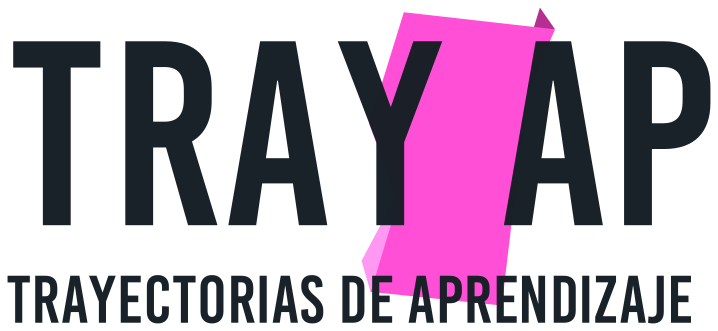

With support from
AyudaPID2019-108696RB-I00 financiada por:
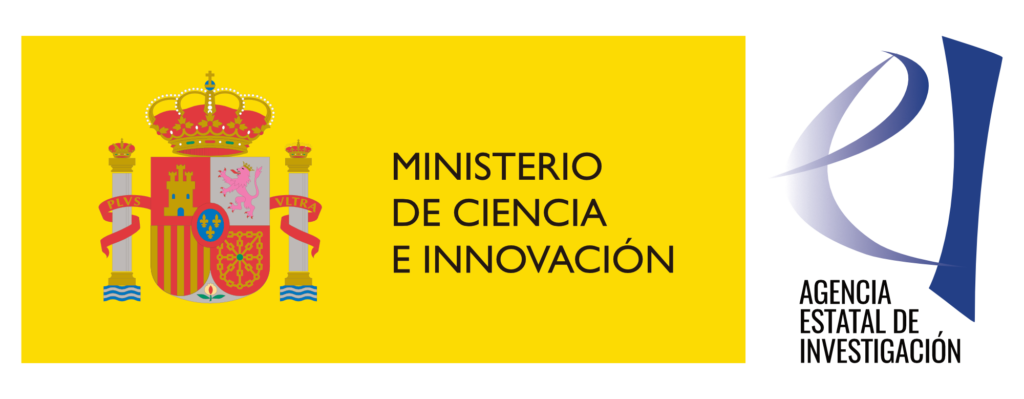

Observatori de l’estudiant
Universitat de Barcelona

Programa de doctorat Arts i Educació
Universitat de Barcelona
Organizing committee
- Jose Miguel Correa Gorospe, Universidad del País Vasco
- Eider Chaves Gallastegui, Universidad del País Vasco
- Paula Estalayo Bielsa, Universitat de Barcelona
- Fernando Hernández- Hernández, Universitat de Barcelona
- Fernando Herraiz García, Universitat de Barcelona
- Estibaliz Jiménez Aberasturi Apraiz, Universidad del País Vasco
- Laura Malinverni, Universitat de Barcelona
- Silvia de Riba Mayoral, Universitat de Barcelona
- Juana M. Sancho Gil, Universitat de Barcelona
- Sandra Soler Campo, Universitat de Barcelona
- Mar Sureda Perelló, Universitat de Barcelona
Scientific committee
- Ana Abreu Sosa, Universidade Federal de Alfenas MG,Brasil
- Gabriela Bulla, Universidade Federal de Rio Grande do Sul, Brasil
- Aurelio Castro Varela , Universitat de Barcelona
- Sara Carrasco Segovia , Universitat de Barcelona
- Maria Domingo Coscollola, Universitat Internacional de Catalunya
- Regina Guerra Gezuraga , Universidad del País Vasco
- Aingeru Gutiérrez-Cabello , Universidad del País Vasco
- Cristina Lasa Ochoteco, Universidad del País Vasco
- Judit Onsès Segarra, Universitat de Girona
- Miriam Peña Zavala, Universidad del País Vasco
- Elizabeth Pérez Eizaguirre, Universidad del País Vasco
- Marina Riera Retamero, Universitat de Barcelona
- Alaitz Sasiain Camarero-Núñez, Universidad del País Vasco
- Bettina Steren dos Santos, Universidade PUCRS, Brasil
